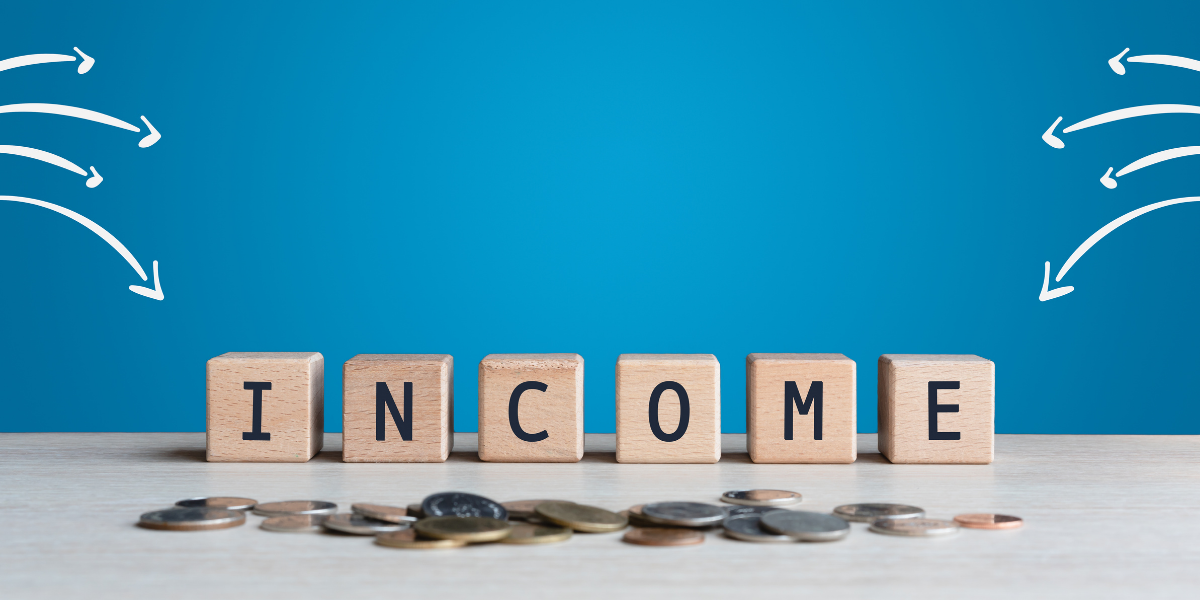Achieve Financial Independence
Growing up today is difficult when it comes to money. As a society, we are surrounded by grandiose promises about what our lives should look like. We’re fascinated with the lives of the wealthy – celebrities like Kanye West, Kim Kardashian, and Lebron James – who we hold up as models of success.
One of my great frustrations in life is that, although there is more information available than ever before about wealth, money and financial independence, as a society it seems like we’re more messed up than ever before.
It’s fascinating to me that we are required to attend school for at least 13 years (in the United States, anyway), but there is no requirement for learning even the basics of money management. Because there is little or no formal training, kids learn about fiscal responsibility by observing families, companies, governments and advertisers. The challenge is, those constituencies tend to model excessive spending, entitlement, and short-term gratification – without regard to the long-term consequences of that behavior.
When it comes to money, most people have it all wrong. Society, and the media, has painted a false picture of wealth – what it looks like, how it gets created, and where we fit in the picture. And we’ve swallowed that picture – hook, line, and sinker.
The good news is, financial success – and indeed financial independence – is available to everyone. You don’t have to win the lottery, and you don’t have to be a movie star. It doesn’t matter if you are a teacher, a taxi driver, a waitress, or any other profession.
While conducting research for their book, The Millionaire Next Door, Thomas Stanley and William Danko discovered that “It is seldom luck or inheritance or advanced degrees or even intelligence that enables people to amass fortunes. Wealth is more often the result of a lifestyle of hard work, perseverance, planning, and, most of all, self-discipline.”
The people interviewed in Stanley and Danko’s book were not entertainers and professional athletes. They were regular people, in regular careers. Their financial success was not determined by their career. It was determined by their behavior around money. Financial independence is not about how much money you make. It’s about what you do with the money you make, and how you live your life financially.
Achieving financial independence is not rocket science. It really boils down to just a few common sense strategies around money. It isn’t always easy, because orienting your behavior to achieve financial independence requires “swimming against the tide” of societal norms. If you will do what most people are not willing to do, however, you will accomplish what most people are not able to do: You will achieve financial independence.
1. Live Within Your Means
This first strategy could also be entitled, “The only financial advice you’ll ever need.” If this is the only thing you do, you will be far ahead of most people when it comes to money.
This is such a simple concept. Do not spend more than you earn. And yet it’s the biggest thing standing in the way of financial independence for most people in this country.
This doesn’t mean you can’t ever treat yourself to a new toy, or splurge on something you’ve had your eye on for months. But you need to have the money to buy it. If you don’t have the money, don’t buy it. Period.
2. Avoid Debt
We are living during a time in history where millions of Americans are suffocating in debt. Instead of living within their means, people are borrowing to finance their lifestyle. Once the cycle begins, it’s very difficult to break. The only way to keep their consumptive lifestyle going is to borrow even more.
The most common form of debt is credit cards. They’re easy to obtain, and the temptation to use them is very hard to resist. “Don’t have the cash? Use plastic.” This is the solution provided by credit card companies. And as a society, we’re all too happy to comply.
According to the most recent data from government and institutional sources – including the Federal Reserve, the Consumer Financial Protection Bureau, and Experian – total credit card debt in the United States is $893 billion as of the first quarter of 2020. Americans currently have 511.4 million credit cards. 61% of American consumers have at least one credit card, and the average person has four.
Americans, and consumers throughout the world, are financing their lifestyles with credit. This debt might take years to pay off, at a cost far in excess of the original purchase price.
To illustrate this, if you made minimum payments only (2%) on a credit card balance of $5,000, at the current average APR of 20.28% (as of June 2021), it would take you over 30 years and a total of $23,399 to pay off that $5,000 balance!
Consumer debt is a trap – one that should be avoided at all costs. Nothing limits a person’s ability to achieve financial independence more than having to make debt payments on a vacation taken two years ago, or clothes purchased last year that are now out of style, or shiny new toys that quickly depreciate in value.
In a survey of the Forbes 400 wealthiest people in the world, 75% said becoming and staying debt free was the most important key to building wealth. If you want to become better off financially – to achieve financial independence – you must stop buying things, especially the things you cannot purchase with cash. If you are in debt already, you must transition from a debt-dependent model to one based on savings and investment.
3. Save (and Invest) Consistently
It doesn’t matter how small the amount is. Sometimes, when you are just starting out, things are so tight it’s hard to imagine saving any money whatsoever. But even if it’s just $21 a week (the amount the average American spends weekly on coffee, according to The Motley Fool), get in the habit of saving consistently.
Saving and investing consistently is essential to achieving financial independence. Creating a savings plan will allow you to save for short-term goals, such as a vacation, new furniture, or that home theater system you’ve always wanted.
In addition to saving for short-term goals, a portion of your savings should also be dedicated to long-term goals such as college, education, and retirement. It’s important to set goals for each, and then create a plan to achieve your financial goals.
4. Educate Yourself About Money
There are so many amazing resources available to help you thrive financially. You can certainly attend workshops or seminars, but plenty of information (especially when you’re just starting out) can be found in books that are probably available for free at your public library. There is also a tremendous amount of information available online.
Below are some of my favorite authors around money, investing, and financial independence. These experts have years of experience in their respective areas, and provide sound strategies that can help you to get from where you are financially to where you want to be.
Robert Allen – Nothing Down and Multiple Streams of Income
Robert Kiyosaki – Rich Dad, Poor Dad and The Cash Flow Quadrant
Dave Ramsey – The Total Money Makeover and Financial Peace University
Thomas J. Stanley – The Millionaire Next Door
In addition, begin surrounding yourself with prosperity thinkers – people who have an abundance mindset and understand wealth creation. You may have people like this in your network already. If you don’t – and even if you do – consider researching and learning from people like Grant Cardone, Warren Buffett and Charlie Munger, and others.
I’m a big fan of continuous learning, and I have learned far more after I graduated from college (even with an MBA) than I learned while I was in school.
As I said earlier, achieving financial independence is not rocket science. If you will apply these simple principles, you will achieve the peace of financial independence that eludes most people. Wealth is not an accident. Like success in other areas of life, it is the result of a few simple truths applied consistently over time.
Make wise choices about how you will live your life financially. Create a plan, and follow that plan. If you stay the course, you will achieve peace, prosperity, and financial independence.





